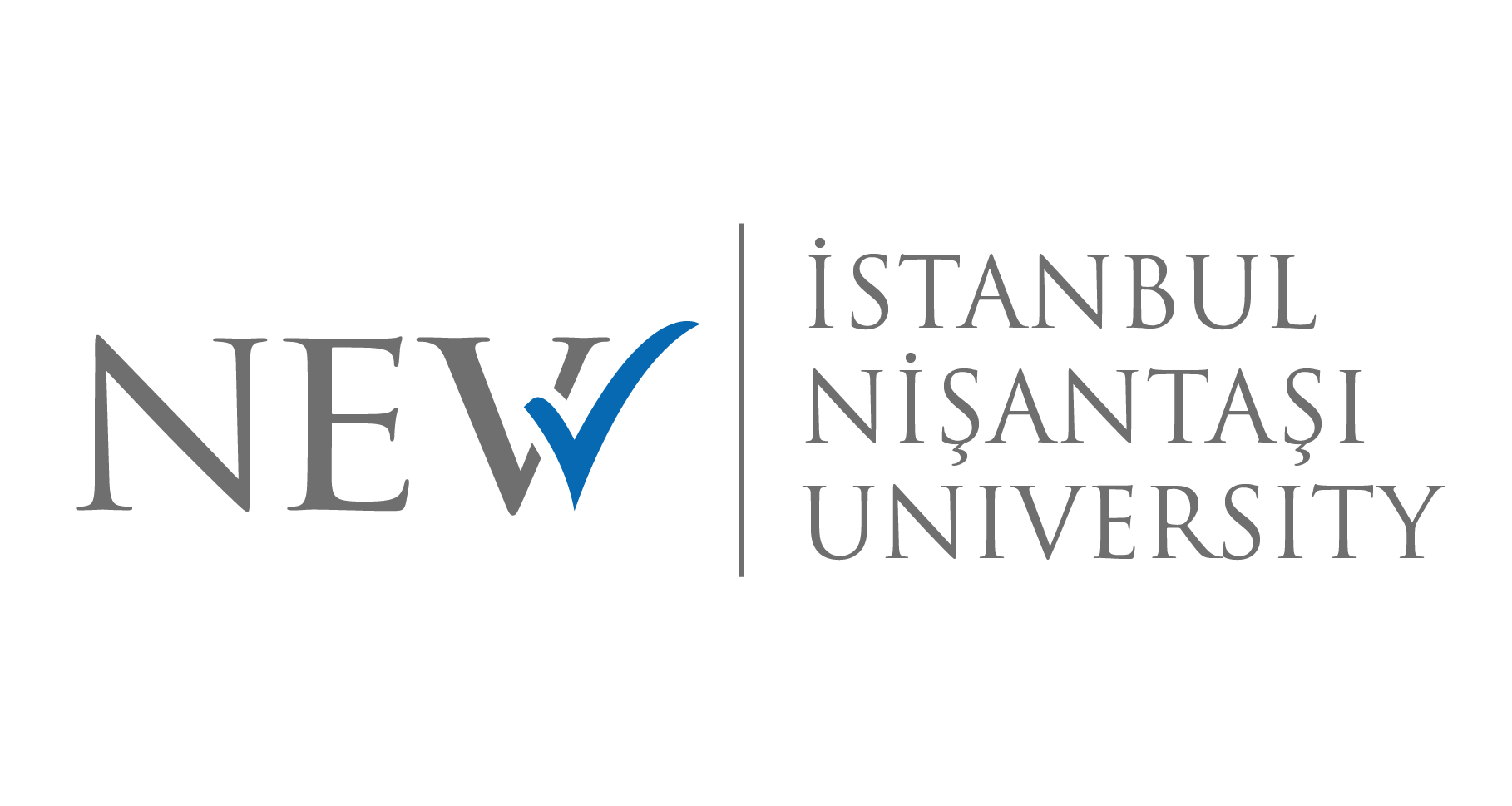GERİ DÖN
Ders Öğretim Planı
| Dersin Kodu | Dersin Adı | Dersin Türü | Yıl | Yarıyıl | AKTS | Kredi |
|---|---|---|---|---|---|---|
| OTOI282 | Mesleki Yabancı Dil II | Ders | 2 | 4 | 0 | 3.00 |
Dersin Seviyesi
Önlisans
Dersin Sunulduğu Dil
Dersin Amacı
Dersi Veren Öğretim GörevlisiGörevlileri
Öğrenme Çıktıları
| 1 | Mesleği ile ilgili konularda İngilizce teknik terminolojiyi kullanabilecektir. |
| 2 | Mesleğinde kullanılan kullanılan İngilizce teknik terimlerin Türkçe karşılıklarını açıklayabilecektir. |
| 3 | Yazılı kaynaklardan yararlanarak iki ilgili basit metni analiz edebilecek ve bunları tek bir bütünleşik metin hâlinde yeniden ifade edebilecektir. |
| 4 | Sözlü bir sunum sonrasında yöneltilen soruları yanıtlayabilecektir. |
| 5 | İş hayatında yaygın olarak kullanılan ifadeleri uygun bağlamlarda kullanarak cümle kurabilecektir. |
Öğrenim Türü
Dersin Ön Koşulu Olan Dersler
Ders İçin Önerilen Diğer Hususlar
Yok
Dersin İçeriği
Haftalık Ayrıntılı Ders İçeriği
| Hafta | Teorik | Uygulama | [OgretimYontemVeTeknikleri] | [OnHazirlik] |
|---|---|---|---|---|
| 1 | All in a Day’s Work: This unit introduces daily routines and responsibilities in tourism-related professions. Students will practice job-specific vocabulary and describe a typical day at work. | Pair discussion based on job routines. | ||
| 2 | Fly-drive Holidays: Students will explore the concept of fly-drive packages and transportation options for tourists. Activities focus on travel planning, car rental vocabulary, and giving directions. | Map-reading activities and guided dialogue practice. | ||
| 3 | Table for Two: This unit covers restaurant language, making reservations, and serving guests. Students will learn how to take orders, recommend dishes, and deal with complaints. | Restaurant simulations and vocabulary matching. | ||
| 4 | City Tours: Students will learn how to describe city landmarks and give guided tour information. Focus is on geographical terms, tourist attractions, and route explanations. | Vocabulary matching. | ||
| 5 | Water Cities: The unit focuses on destinations with canals and rivers. Students practice describing boat tours, waterfront areas, and local activities involving water transport. | Descriptive writing and visual prompts for speaking. | ||
| 6 | Vocabulary Practice | |||
| 7 | Vocabulary Practice | |||
| 8 | Midterm Exam (40%) | |||
| 9 | Cruise Ships: This week introduces vocabulary related to cruise travel. Students will discuss onboard services, entertainment options, and safety procedures. | Information-gap activities and group brainstorming. | ||
| 10 | Service and Safety: Students will explore customer service and safety protocols in the tourism sector. Focus will be on giving instructions, handling emergencies, and responding to complaints. | Problem-solving tasks and instruction-giving exercises. | ||
| 11 | East Meets West: This unit introduces cultural differences and intercultural communication. Activities involve comparing traditions, customs, and etiquette across cultures. | Comparative analysis and culture-based discussions. | ||
| 12 | Window Seat or Aisle?: Students will work with airport and airline-related vocabulary. Topics include check-in, boarding, in-flight services, and seat preferences. | Dialogue practice and airport scenario role-plays. | ||
| 13 | Business or Pleasure?: This unit focuses on business travel. Students will learn to make hotel reservations, plan business itineraries, and distinguish between leisure and corporate needs. | |||
| 14 | The Great Outdoors: The unit introduces nature tourism and outdoor activities. Students will describe hiking, camping, and eco-tourism experiences using relevant vocabulary. | Case study analysis and itinerary planning tasks. | ||
| 15 | Final Exam (60%) |
Ders Kitabı Malzemesi Önerilen Kaynaklar
Planlanan Öğrenme Aktiviteleri ve Metodları
Değerlendirme
| Yarıyıl (Yıl) İçi Etkinlikleri | Adet | Değer |
|---|---|---|
| Ara Sınav | 1 | 50 |
| Ev Ödevi | 1 | 50 |
| Toplam | 100 | |
| Yarıyıl (Yıl) Sonu Etkinlikleri | Adet | Değer |
| Final Sınavı | 1 | 100 |
| Toplam | 100 | |
| Yarıyıl (Yıl) İçi Etkinlikleri | 40 | |
| Yarıyıl (Yıl) Sonu Etkinlikleri | 60 | |
Staj Durumu
İş Yükü Hesaplaması
| Etkinlikler | Sayısı | Süresi (saat) | Toplam İş Yükü (saat) |
|---|---|---|---|
| Ara Sınav | 1 | 30 | 30 |
| Final Sınavı | 1 | 40 | 40 |
| Quiz | 1 | 10 | 10 |
| Soru-Yanıt | 1 | 10 | 10 |
| Bireysel Çalışma | 1 | 5 | 5 |
| Toplam İş Yükü (saat) | 95 | ||
Program ve Öğrenme Çıktıları İlişkisi
| PÇ 1 | PÇ 2 | PÇ 3 | PÇ 4 | PÇ 5 | PÇ 6 | PÇ 7 | PÇ 8 | PÇ 9 | PÇ 10 | PÇ 11 | PÇ 12 | |
| ÖÇ 1 | ||||||||||||
| ÖÇ 2 | ||||||||||||
| ÖÇ 3 | ||||||||||||
| ÖÇ 4 | ||||||||||||
| ÖÇ 5 |
* Katkı Düzeyi : 1 Çok düşük 2 Düşük 3 Orta 4 Yüksek 5 Çok yüksek
